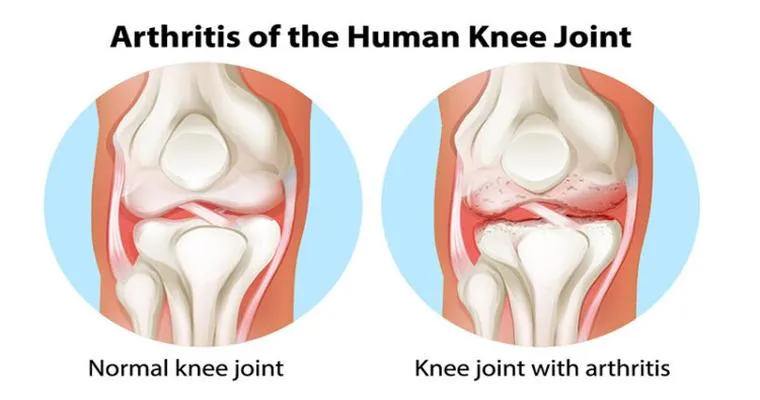Arthritis can be a debilitating condition that affects millions of people worldwide, leading to pain, stiffness, and reduced mobility in the "joints". For many, traditional treatments such as medication and physical therapy may not provide sufficient relief. This is where "joint replacement therapy" comes into play as a viable option for those seeking to regain their quality of life. In this article, we will explore essential tips for those considering joint replacement therapy to manage their arthritis effectively.
Understanding the types of arthritis is crucial in making informed decisions about joint replacement therapy. Osteoarthritis and rheumatoid arthritis are the most common types that can lead to significant joint damage over time. Recognizing the symptoms and discussing them with a healthcare professional can help determine if you are a suitable candidate for "joint replacement surgery".
Before opting for joint replacement therapy, it is vital to explore all non-surgical treatment options. Medications like NSAIDs can reduce inflammation and pain, while physical therapy can improve mobility and strengthen the muscles around the affected joints. Weight management is also important, as maintaining a healthy weight can alleviate stress on the joints, potentially delaying the need for surgery.
If non-surgical interventions fail to provide relief, it may be time to consider joint replacement therapy. Consulting with an experienced orthopedic surgeon is essential to evaluate your specific condition and discuss the potential benefits and risks associated with the procedure. Your surgeon can provide insights into the different types of joint replacement options available, including total and partial replacements, as well as the materials used for prosthetic joints.
Another critical aspect to consider is the preparation for surgery. It is advisable to follow your surgeon’s pre-operative instructions carefully. This may include specific exercises to strengthen surrounding muscles, dietary recommendations, and guidelines on managing medications. Preparing your home for recovery can also make a significant difference in your post-surgery experience. Ensuring that you have a comfortable space to rest, along with any necessary assistive devices, can aid in a smoother recovery process.
Post-operative care is equally important for a successful outcome. Following your surgeon's rehabilitation plan is crucial for regaining mobility and strength in the joint. This often includes physical therapy sessions, which can help you adapt to your new joint and improve your overall function. Staying proactive about your recovery will also help prevent complications and ensure the longevity of the prosthetic joint.
Lastly, it is essential to maintain realistic expectations regarding the outcomes of joint replacement therapy. While many patients experience significant relief from pain and improved function, individual results can vary. Engaging in open communication with your healthcare team throughout the process can help set achievable goals and address any concerns you may have along the way.
In conclusion, considering "joint replacement therapy" for arthritis is a significant decision that requires careful thought and planning. By understanding your options, preparing adequately, and following a structured recovery plan, you can optimize your chances of a successful outcome. If you or a loved one is struggling with arthritis, discussing these top tips with a healthcare professional can pave the way toward a more active and fulfilling life.





